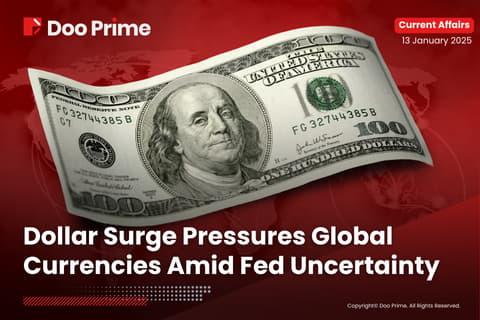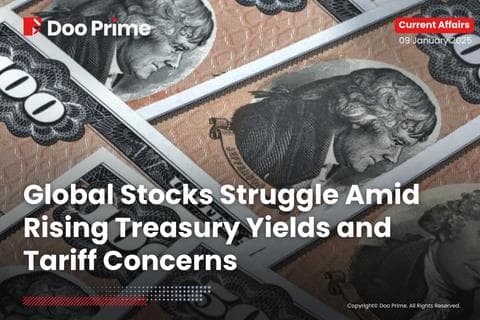WORLDWIDE: HEADLINES
Oatly, Procore debuts calm U.S. IPO jitters
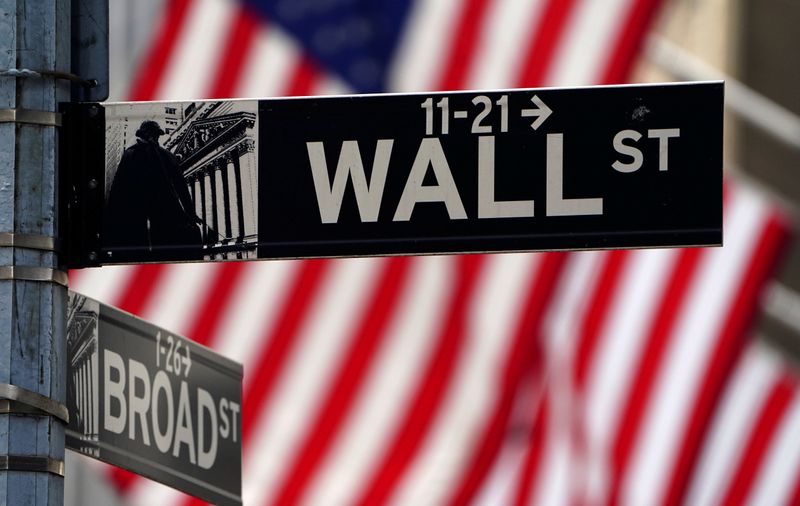
Strong stock market debuts by oat milk maker Oatly Group AB (OTLY.O) and construction software firm Procore Technologies (PCOR.N) eased investor concerns on Thursday that U.S. initial public offerings (IPOs) could suffer a bout of volatility.
At least three IPOs, including those of mortgage insurer Enact Holdings Inc and hearing care services company Hear.com, were canceled last week, the companies citing choppy market conditions for their decision.
A sudden drop in the stock market, driven by concerns over inflation, pushed investors into safe-haven assets and prompted them to dump risky stocks. As these fears eased this week, the volatility that hampered IPOs subsided.
Shares of Sweden-based Oatly, which counts celebrities like Oprah Winfrey and Natalie Portman among its investors, closed up 19% on its first day of trading on Thursday, while Procore Technologies rallied 30%.
“We had a red hot market that everything was getting done. I don’t see the windows being closed at all now. Healthcare and technology remain the open spot,” said Mitch Nussbaum, chair of the capital markets and corporate department at Loeb & Loeb.
The U.S. IPO market has been on an unprecedented tear in the last 18 months, driven mainly by investor appetite for tech stocks. Several high-profile technology companies, including Airbnb (ABNB.O), Doordash (DASH.N), Snowflake (SNOW.N), Roblox (RBLX.N), Coinbase (COIN.O) and Palantir Technologies (PLTR.N) took advantage of the hype to go public.
More big startups, such as online brokerage Robinhood Markets, grocery app Instacart and electric vehicle maker Rivian are preparing to go public later this year.
The IPO market raised a record $167 billion through new issues in 2020, according to data from Dealogic. That record is set to be comfortably eclipsed this year, as offerings have already raised well over $150 billion, driven mainly by floats of special purpose acquisition companies (SPACs).
Full coverage: REUTERS
U.S. Treasury floats global corporate tax of at least 15%
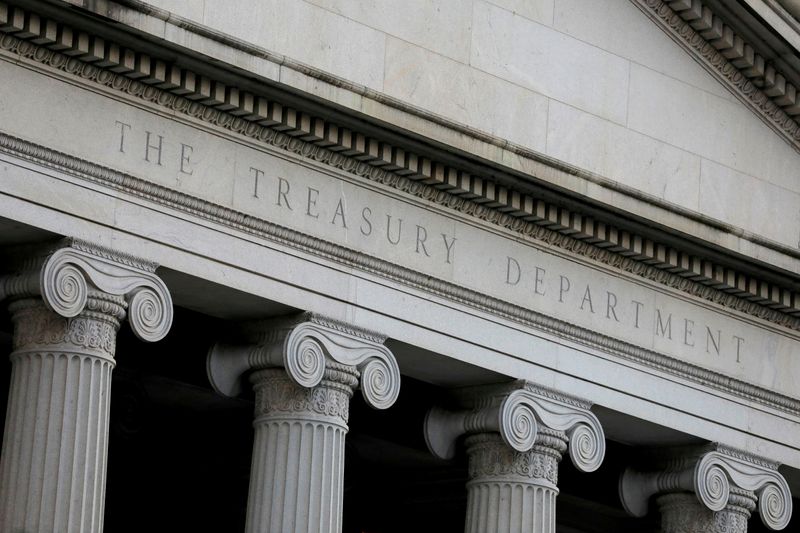
The U.S. Treasury Department on Thursday offered to accept a global minimum corporate tax of at least 15% during international negotiations, a rate significantly below its proposed 21% minimum for U.S. multinational firms.
The department said the proposal was made during an Organization for Economic Cooperation and Development (OECD) tax steering group meeting on base erosion and profit shifting. The group is aiming reach broad agreement this summer to rework rules for taxing multinational corporations and big technology companies such as Alphabet Inc (GOOGL.O) and Facebook Inc (FB.O).
“Treasury proposed to the steering group that the global minimum tax rate should be at least 15%,” the department said in a statement. “Treasury underscored that 15% is a floor and that discussions should continue to be ambitious and push that rate higher.”
U.S. Treasury Secretary Janet Yellen first proposed a 21% U.S. corporate minimum tax in April as part of President Joe Biden’s $2.2 trillion infrastructure spending proposal, which would be financed largely by increasing the U.S. corporate tax rate to 28%.
The Trump administration and congressional Republicans in 2017 cut the corporate tax rate to 21% from 35%. At the same time, the Treasury launched a U.S. minimum tax, of 10.5%, known as the Global Intangible Low-Taxed Income tax (GILTI) to capture revenue shifted by companies to tax-haven countries.
The Biden administration’s proposed 21% GILTI rate was widely viewed as a starting point for renewed OECD talks on a global minimum tax. That level has been backed by France and Germany. But other countries have pushed for a lower rate, as previous OECD discussions on the subject had centered around 12.5%, the same rate charged by Ireland.
A U.S. Treasury official said the Biden administration will continue to advocate for the highest rate possible above 15%, adding that the offer does not alter the 21% proposed U.S. minimum tax.
Full coverage: REUTERS
WORLDWIDE: FINANCE / MARKETS
Asia shares perk up as receding inflation fears lift Wall Street
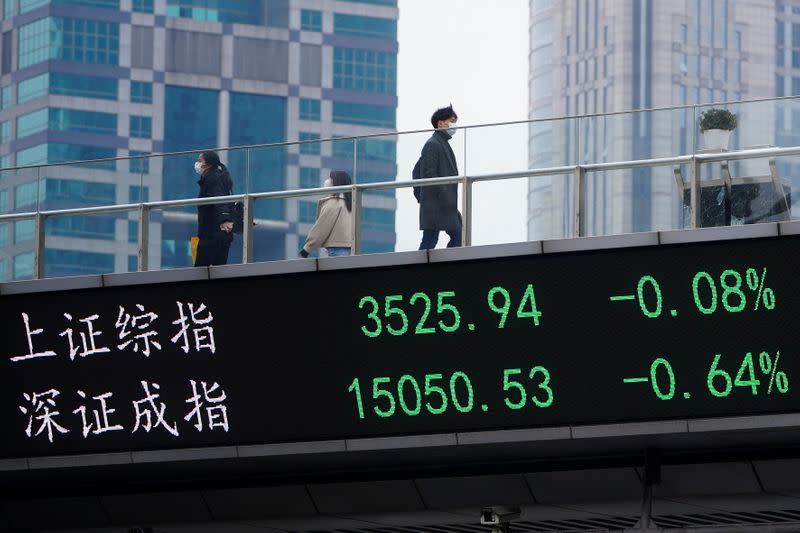
Asian stocks rose on Friday, setting the region up for a weekly gain, as investors tempered fears about hot inflation and the prospects of an early tapering of stimulus by the Federal Reserve.
Japan’s Nikkei (.N225) jumped 1%, while MSCI’s broadest index of Asia-Pacific shares outside Japan (.MIAPJ0000PUS) added 0.6%.
Taiwan’s tech-heavy stock index climbed 1.8%, leading gains in the region, while Chinese blue chips (.CSI) added 0.3%.
For the week, an index of stocks across Asia-Pacific (.MIAP00000PUS) was set for a 1.9% advance.
Futures pointed to a further 0.3% rise for the S&P 500 (.SPX) later in the global day, following a more than 1% jump on Thursday.
Tech stocks led those gains as Treasury yields declined following a weaker-than-expected U.S. business activity reading. A decline in commodity prices, particularly oil, also undermined the thesis for too-hot inflation.
“It’s still a market trying to work out where inflation is going to go, and what that might mean for Fed policy somewhere down the line,” said Kyle Rodda, a market analyst at IG in Melbourne.
Other data on Thursday showed the number of Americans filing new claims for unemployment benefits dropped further below 500,000 last week, but jobless rolls swelled in early May, which could temper expectations for an acceleration in employment growth this month.
The Dow Jones Industrial Average (.DJI) rose 0.6%, while the Nasdaq Composite (.IXIC) added 1.8%.
Full coverage: REUTERS
Oil nudges up, set for biggest weekly loss since March on possible Iran supplies

Oil prices edged up on Friday, taking a breather after three days of losses as investors braced for the return of Iranian crude supplies after officials said Iran and world powers made progress on talks to revive a 2015 nuclear deal.
Brent crude futures for July rose 10 cents, or 0.2%, to $65.21 a barrel by 0032 GMT while U.S. West Texas Intermediate for July was at $62.16 a barrel, up 22 cents, or 0.4%.
Both contracts are down nearly 5% for the week and on track to post their biggest weekly loss since March after Iran’s president said the United States was ready to lift sanctions on his country’s oil, banking and shipping sectors.
Iran and world powers have been in talks since April on reviving the deal and the European Union official leading the discussions said on Wednesday, he was confident a deal would be reached.
“While the ink is not yet dry and outstanding issues remain to be resolved, significant progress appears to have been made in the ongoing nuclear negotiations in Vienna and around 1 million barrels per day of additional Iranian barrels looks set to potentially hit the market in the back half of this year,” RBC Capital Markets’ Helima Croft wrote in a note.
Investors remain upbeat about fuel demand recovery this summer as vaccination programs in Europe and the United States would allow more people to travel although rising cases across parts of Asia could weigh down global consumption.
Full coverage: REUTERS
Dollar heads for weekly loss as traders shrug off taper talk
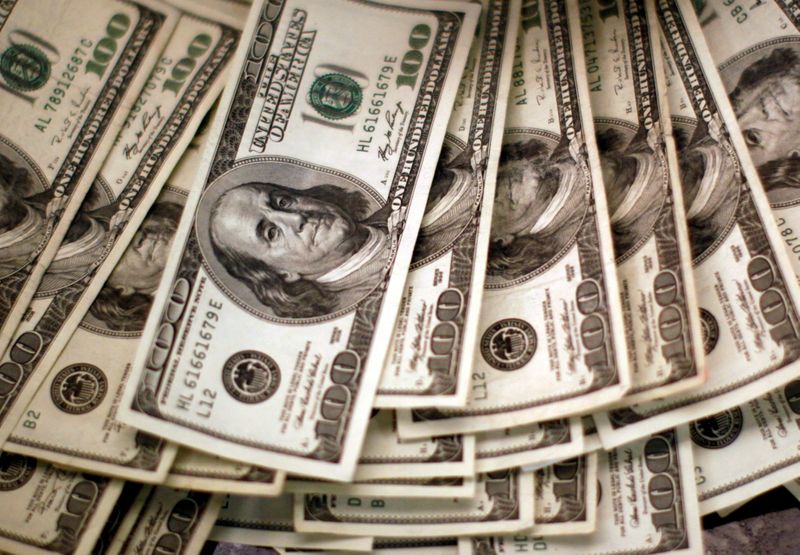
The dollar was pinned near milestone lows on Friday, and headed for a weekly loss, as traders’ initial concerns at taper talk in Federal Reserve minutes ebbed – with actual tapering seeming distant – while pandemic recovery boosted other currencies.
On Wednesday, minutes from the April Fed meeting noted some committee members think that if the economy keeps improving, it might be appropriate, at upcoming meetings, to “begin discussing a plan for adjusting the pace of asset purchases”.
But after bouncing off a four-month low on the euro as the mere mention of tapering policy prompted fears of early rate rises, the dollar has dropped back and, at $1.2225 per euro, is again testing major support around $1.2345.
The dollar index is at 89.795, just a fraction above a three-month low of 89.686 struck before the Fed minutes were published. The index, which measures the greenback against six major currencies, is down about 0.6% for the week so far.
Against the yen the dollar was steady in Asia on Friday at 108.84, having dropped about 0.5% on the week.
“It has been just over 24 hours since markets got spooked by the prospect of the U.S. Fed tapering its asset purchases, but having proverbially slept on it, the mood seems less sour today,” ANZ analysts said in a note. “Which seems reasonable – it’s not like the Fed is on the brink of wanting to actually act.”
Elsewhere among major currencies, moves were slight as traders awaited retail sales data in Australia and Purchasing Managers’ Index figures across Europe.
The kiwi last bought $0.7198 and the Aussie $0.7773. [AUD/]
Sterling last traded steady at $1.4185.
Full coverage: REUTERS

